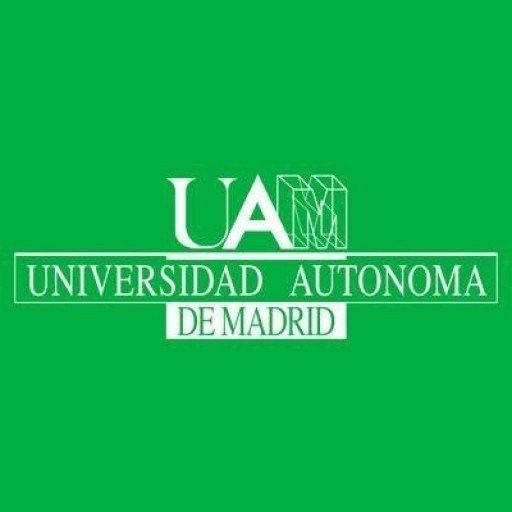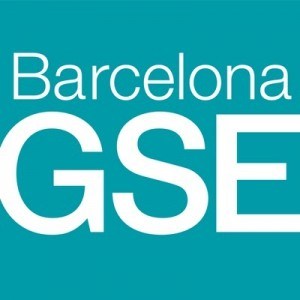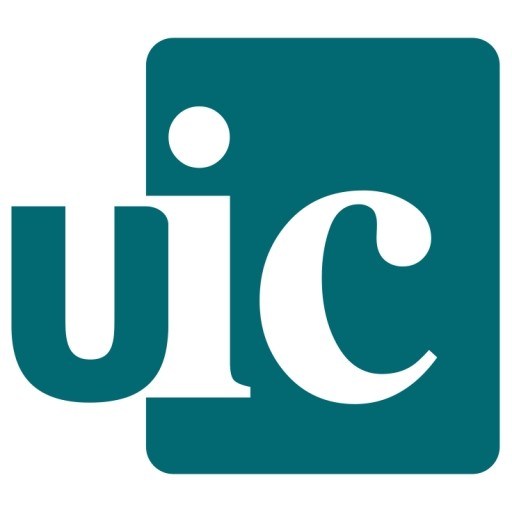Photos of university
The Bachelor’s Degree in Theoretical Physics at the Autonomous University of Madrid offers students a comprehensive and rigorous education in the fundamental principles that govern the universe. This programme is designed to equip students with a deep understanding of physical laws, mathematical techniques, and analytical skills necessary to explore the nature of reality at its most basic level. Throughout the course of study, students will engage with a wide range of topics, including classical mechanics, electromagnetism, quantum mechanics, statistical mechanics, and relativity, allowing them to develop a strong theoretical foundation in physics.
The programme emphasizes both conceptual understanding and practical problem-solving abilities, integrating theoretical coursework with computational methods and experimental knowledge where applicable. Students will learn to model complex physical systems, analyze data, and utilize advanced mathematical tools to interpret physical phenomena. The curriculum is structured to foster critical thinking, creativity, and independent research skills, preparing graduates for careers in academia, research institutions, or industry sectors requiring advanced scientific expertise.
Participants in the programme also have the opportunity to participate in research projects alongside faculty members, attend seminars and workshops, and gain exposure to the latest developments in theoretical physics. The Autonomous University of Madrid provides state-of-the-art facilities and resources to support student learning and research activities. Graduates of this programme will be well-positioned to continue their studies in postgraduate programmes, pursue careers in scientific research, or contribute to technological advancements based on a solid understanding of the physical world.
Overall, the Bachelor’s Degree in Theoretical Physics at the Autonomous University of Madrid offers a challenging yet rewarding educational experience, fostering the next generation of physicists who seek to unravel the fundamental mysteries of the universe through scientific inquiry and analytical reasoning.
Common obligatory courses
- ´Gravitation´ (6 ECTS)
- ´Cosmology´ (6 ECTS)
- ´Master thesis´ (12 ECTS)
Obligatory courses for the specialty ´Elementary Physics and Cosmology´
- ‘Quantum Field Theory´ (6 ECTS)
- ´Standard Model of Particle Physics´ (6 ECTS)
Obligatory courses for the specialty ´Astrophysics and Physics of the Cosmos´
- ´Stellar Structure and Evolution´ (6 ECTS)
- ´ Interstellar medium´ (6 ECTS)
- ´Radiative processes in astrophysics´ (6 ECTS)
Optional courses for both specialties
- ´Astroparticle Physics´ (6 ECTS)
- ´Advanced Cosmology´ (6 ECTS)
- ´Nuclear Structure´ (6 ECTS)
Optional courses orientated to the specialty of “Elementary Particles and Cosmology”
- ´Advanced Quantum Field Theory´ (6 ECTS)
- ´Advanced Mathematics´ (6 ETCS)
- ´Open Problems in the Standard Model´ (6 ECTS)
- ´Experimental Particle Physics´ (6 ECTS)
- ´Quantum Entanglement and Information ´ (6 ECTS)
Optional courses orientated to the specialty of ´Astrophysics and Physics of the Cosmos´
- ´Galaxy Formation and Evolution´ (6 ECTS)
- ´Stars and Planets Formation´ (6 ECTS)
- ´Observational techniques in Astrophysics´ (6 ECTS)
- ´ Computational Astrophysics´ (6 ECTS)
Requirements
- Official university qualification such as an undergraduate degree, bachelor’s degree or other equivalent, in the related area
- An official certificate of level of English (IELTS, TOEFL, Cambridge English, OAL-UAM, Linguistic Services Office from your home university etc.) with at least a B2 (or equivalent) level. This doesn't apply for students coming from english-speaking countries/universities/schools.
- Bachelor's diploma
- Transcript of records from the Bachelor's degree
- Average Grade statement (see "Average Grade statement")
- CV (Curriculum Vitae)
- Certificate of level of English (or at least some proof that you'll get it before the enrolment deadline in September)
- ID/Passport
- Elective courses pre-selection form ("Hoja de preinscripción de asignaturas")
- Specific documents required for each master (letter(s) of recommendation/reference etc.).
- FOREIGN STUDENTS ONLY: when their average grade point is not in a 1-to-10 scale, applicants must also submit the ANECA's certificate of average grade equivalence for studies undertaken in foreign countries (see here). Please note that this certificate can take up to 2 months to be delivered, so applicants should request it with enough time in advance.
Scholarships
- General grants of the UAM
- Specific grants for international students at the UAM
The Theoretical Physics degree program at the Autonomous University of Madrid is designed to provide students with a comprehensive understanding of the fundamental principles governing the physical universe. The curriculum covers a broad spectrum of topics, including classical mechanics, quantum mechanics, thermodynamics, electromagnetism, and statistical physics, with an emphasis on theoretical frameworks and mathematical methods used to analyze physical systems. Students engage with advanced concepts and develop problem-solving skills applicable to research and industry. The program combines lecture-based instruction, laboratory practicals, and research projects, fostering a deep understanding of both theoretical foundations and experimental techniques. Students are encouraged to participate in research activities, collaborations with faculty, and seminars that explore current developments in physics. The program aims to prepare graduates for careers in scientific research, academia, or technological innovation. It also offers a solid foundation for pursuing graduate studies in physics or related fields. The university provides access to modern laboratories, computer facilities, and libraries equipped with extensive scientific literature. Faculty members involved in cutting-edge research contribute to the curriculum through innovative teaching methods and supervision of student projects. The degree emphasizes analytical thinking, mathematical proficiency, and a rigorous approach to scientific inquiry, aligning with international standards for physics education. Graduates leave the program equipped with the knowledge, skills, and research experience necessary to contribute to advancements in physics and related disciplines. The duration of the program is typically four years, with opportunities for specialization in areas such as condensed matter physics, particle physics, or astrophysics in the later years of study. Internships and collaborative research projects with national and international institutions are encouraged to enhance practical experience. The Autonomous University of Madrid's commitment to scientific excellence ensures that students receive a high-quality education that prepares them for both academic and professional pursuits in physics and related fields.





